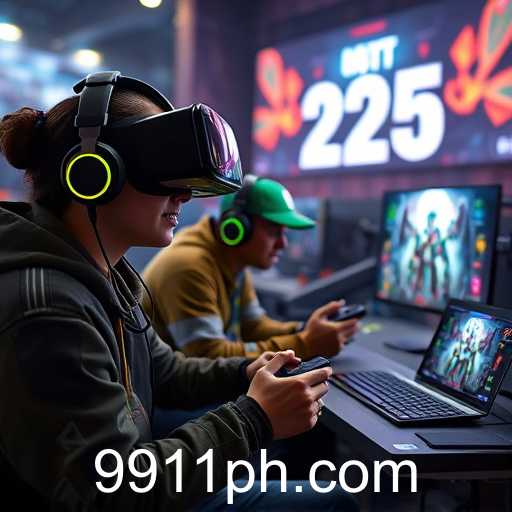As we find ourselves in the year 2025, the gaming industry continues to experience rapid evolution. Technological advancements have brought about significant changes, not only in the way games are developed and played but also in how gaming communities engage and interact.
The rise of virtual reality (VR) and augmented reality (AR) has redefined user experiences, creating immersive environments that are more interactive than ever before. Developers have been keen to tap into these innovations, producing games that offer unique, life-like experiences which captivate players of all ages.
Additionally, the integration of artificial intelligence (AI) into game mechanics and design enables more dynamic and challenging gameplay. AI-driven characters and environments adapt to players’ styles and decisions, making each gaming session a distinctive experience. This push towards personalized gaming has been a direct response to the growing demand for content that resonates on an individual level.
The gaming community has also been transformed, with online platforms and social media playing a crucial role in connecting gamers globally. Events such as eSports tournaments have grown exponentially, attracting millions of viewers worldwide and offering professional gamers lucrative career opportunities.
Furthermore, the industry is seeing a shift towards more inclusive and diverse content. Game developers are increasingly focused on representation and inclusivity, aiming to create narratives and characters that reflect a broad spectrum of player identities and experiences. This has fostered a more welcoming and enriched gaming culture.
As we move further into 2025, the gaming industry's trajectory suggests a future ripe with potential and innovation. It is an exciting time for both developers and gamers alike, as the boundaries of what is possible in virtual entertainment continue to expand.








